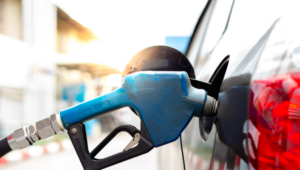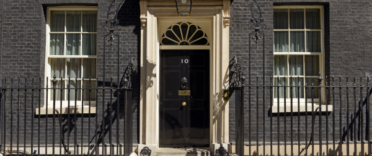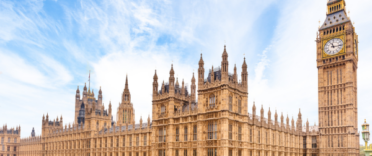 Chancellor Rishi Sunak delivered his Spring Statement to Parliament, giving an update on the economic health of the country and outlining the measures he plans to introduce to encourage growth and support families and individuals. It comes against the backdrop of inflation at 6.2% and a cost-of-living crisis driven by high energy, fuel and food prices.
Chancellor Rishi Sunak delivered his Spring Statement to Parliament, giving an update on the economic health of the country and outlining the measures he plans to introduce to encourage growth and support families and individuals. It comes against the backdrop of inflation at 6.2% and a cost-of-living crisis driven by high energy, fuel and food prices.
Sunak began by summarising the updated predictions from the Office for Budget Responsibility, stating that the UK economy is now set to grow by 3.8% this year, downgraded from its previous figure of 6.0%. It is forecasted to grow by 1.8% next year and 2.1% in 2024. Moreover, the inflation rate is anticipated to be 7.4% on average this year, with a peak of 8.7% forecast for the end of 2022.
In this article, we round up the key announcements and how they are set to affect different people.
What does the Spring Statement mean for workers?
- While National Insurance is still set to rise by 1.25% to help fund the NHS and social care, the threshold for the point people have to start paying is rising by £3,000 to £12,570, in July. Sunak stated this was equivalent to a £330 per year tax cut for employees.
- The Chancellor said he was prioritising cutting the basic rate of income tax from 20p to 19p in the pound before the end of this Parliament, which is in 2024, although this has yet to be actioned.
- There will be support for smaller businesses, with the Employment Allowance for smaller businesses' National Insurance payments going up from £4,000 to £5,000 from April.
What does the Spring Statement mean for families?
- The Household Support Fund, which is provided by local authorities to help support vulnerable households with living costs, is getting an additional £500m in funding. This brings the total amount in the fund to £1bn.
- Those installing "green" energy solutions, such as solar panels, heat pumps and insulation, will not have to pay VAT.
What does the Spring Statement mean for motorists?
- There is going to be a 5p per litre cut on fuel duty, starting from 6pm on Wednesday. This measure will stay in place until March 2023. According to the RAC, this is set to take approximately £3.30 off the cost of filling up a typical family car.




